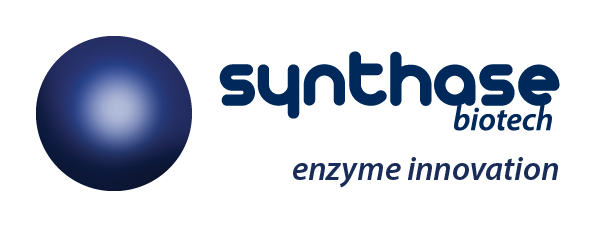Synthase Biotech is rapidly putting the pieces in place for commercialisation.
Fresh off the back of a $1.6 million second capital-raise, most from existing shareholders including the NZVIF and the Ice Angels, the Hamilton-based biotech has appointed its first chief executive and has started building its manufacturing facility.
Synthase has potent enzyme technology, which it has trademarked as Aloxsyn, that has widespread application in primary industries and food, human health and human fertility. Aloxsyn® can block the pathway of damage caused by lipid oxidation, maintaining and restoring cellular function, health and vitality.
Mark Backhaus, who is Synthase’ chairman and majority shareholder through his company Pacific Brands, says the board has appointed Greg Moss-Smith as CEO.
“Greg knows us from his role as innovation advisor at Callaghan Innovation, but it is especially his experience prior to that which is going to be so valuable to Synthase,” Backhaus says.
A University of Canterbury MBA and MIT-Sloan graduate, Moss-Smith has more than 20 years in senior roles in offshore biotechs. He was head of commercial operations for GroPep from start-up to its listing on the ASX. When it was acquired by the Danish biotech giant Novozymes, at 40% premium to the market, Moss-Smith helped merge GroPep with three other companies to create the new business for Novozymes and established its global sales and marketing operations in the United States.
Moss-Smith says he is entering Synthase as it undergoes a major expansion in operations. It will be launching commercial manufacturing and sales later next year. It has leased commercial space from AgResearch at Ruakura in the Waikato and it is currently fitting out its containment manufacturing suite.
It is also beginning major animal field trials in the United States in December to demonstrate the effectiveness of the use of Aloxsyn® in artificial insemination (AI) in dairy herds in the commercial setting. The trial will cover 8,000 dairy cows from a 20,000-strong working herd.
“We have gone to the United States because artificial insemination systems there use frozen semen, which is the most widely used commercial system and it has the additional benefit of exposing Synthase to US investors,” Moss-Smith says.
“While we are conducting those field trials, we are also strongly focused on building Synthase out from its R&D foundation to a commercial operation.”
Backhaus says the company will be looking for another major capital raise next year. The recently completed investment round, which included significant new investors, valued the company at $8.8 million after less than two years in development.
“Obviously with results from our US field trials and Greg’s experience developing companies like ours, Synthase will be attractive to a widening range of investors,” he says.
“I believe companies like ours, based on creative science, intellectual property, deep manufacturing know-how and focused marketing and sales represent the future of New Zealand’s economy – effectively weightless, very high-value exports.
“It is fantastic to have people like Greg returning to New Zealand to help realise that future.”
4 Dec 2017
Copyright © | View Desktop Version
